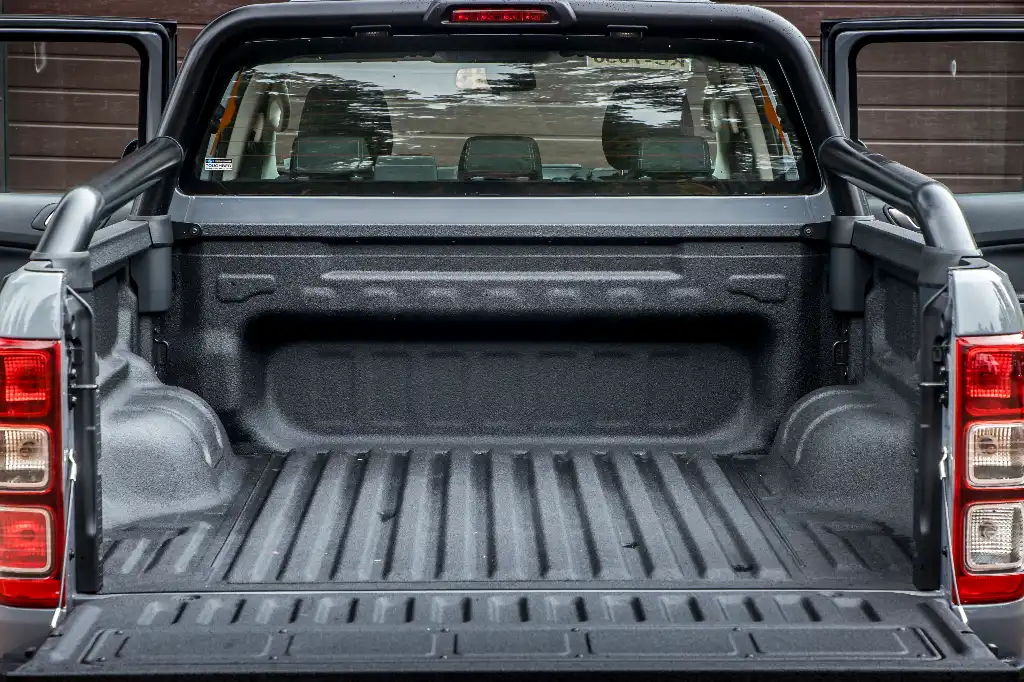
HRMC has made the surprise decision to reverse its benefit in kind (BIK) tax on double-cab pick-ups after a massive backlash from farmers and the motoring industry.
Pick-up drivers that used a truck for personal use were due to pay taxes as if they were company cars.
On 12 Feb 2024 the HRMC announced that from 1 July it would consider all pick-up trucks to be taxed as commercial vehicles but in an unprecedented move they've since changed their minds just over a week after announcing the initial decision.
Pressure from manufacturers as well as representatives from the farming industry are thought to be behind the decision after angry responses from the initial annoucement.
Pick-up trucks will now continue to be treated as commercial vehicles and will no longer be considered as passenger cars, saving owners thousands of pounds per year in taxes.
Crucially the statement issued today said:
"HMRC have today announced that its existing guidance will be withdrawn, meaning that DCPUs will continue to be treated as goods vehicles rather than cars, and businesses and individuals can continue to benefit from its historic tax treatment."
The statement goes on to say that the government will change the outcome in the next available Finance Bill and that this was to avoid tax outcomes for "farmers, van drivers and the UK's economy".
Find out what tax you have to pay on a pick-up truck with our advice guide.
The government statement in full reads:
On Monday 12 February 2024 HMRC updated its guidance on the tax treatment of Double Cab Pick Ups (DCPUs), following a 2020 Court of Appeal judgment. The guidance had confirmed that, from 1 July 2024, DCPUs with a payload of one tonne or more would be treated as cars rather than goods vehicles for both capital allowances and benefit-in-kind purposes.
Since then, the government has listened carefully to views from farmers and the motoring industry on the potential impacts of the change in tax-treatment. The government has acknowledged that the 2020 court decision and resultant guidance update could have an impact on businesses and individuals in a way that is not consistent with the government’s wider aims to support businesses, including vital motoring and farming industries.
HMRC have today announced that its existing guidance will be withdrawn, meaning that DCPUs will continue to be treated as goods vehicles rather than cars, and businesses and individuals can continue to benefit from its historic tax treatment.
This move is resultant of the government making clear that it will be legislating to ensure that DCPU vehicles continue to be treated as goods vehicles for tax purposes.
The government will consult on the draft legislation to ensure that it achieves that outcome before introducing it in the next available Finance Bill.
Nigel Huddleston, Financial Secretary to the Treasury, said:
“We will change the law at the next available Finance Bill in order to avoid tax outcomes that could inadvertently harm farmers, van drivers and the UK’s economy.”
Further information